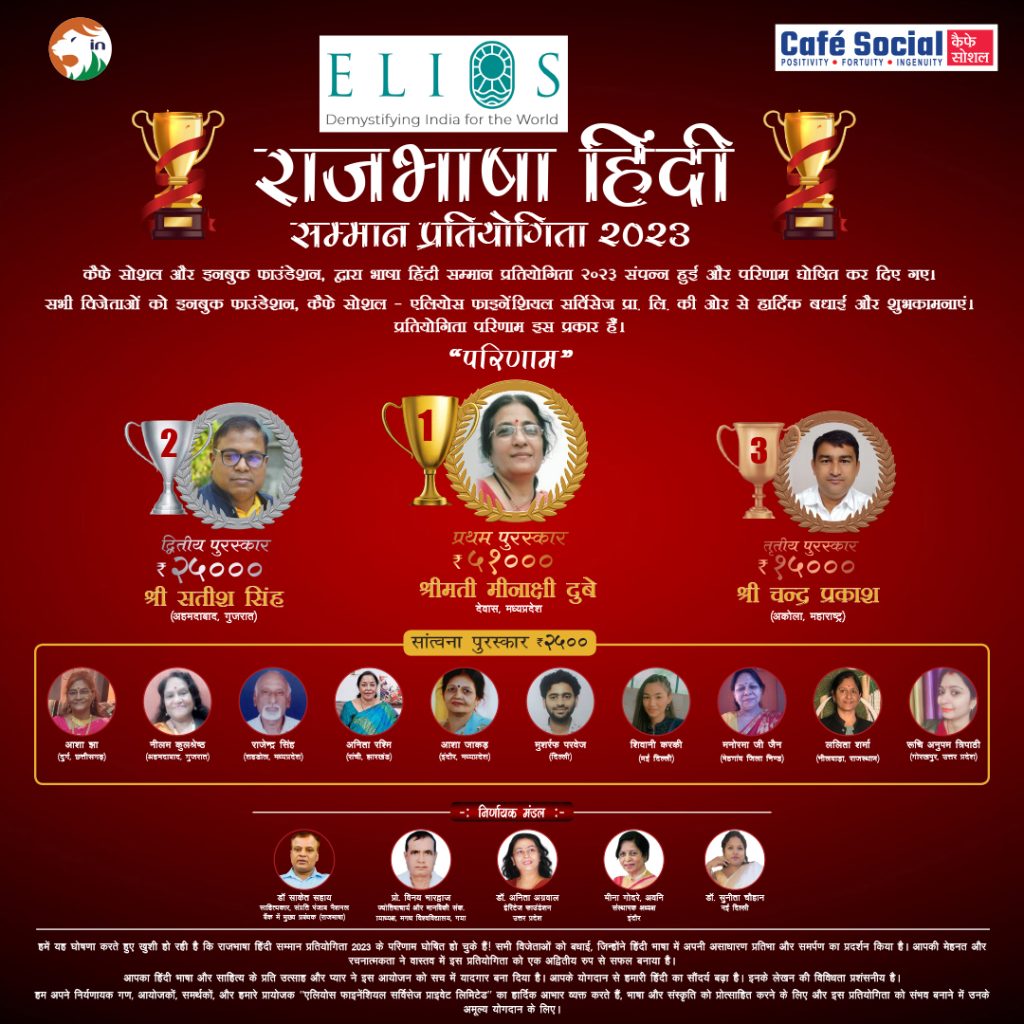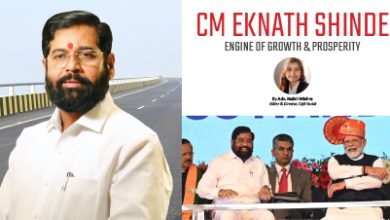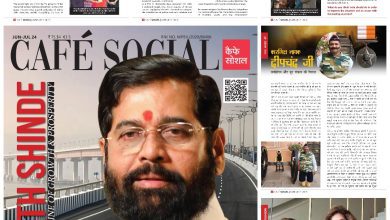“In the pursuit of equitable access, reservation emerges as a constitutional imperative for marginalized communities.”~ Dr. Bhim Rao Ambedkar
Introduction
The government of Maharashtra has once again enacted a law to reserve seats for Marathas, giving them 10% in education and public jobs. This new Act aims at resolving historical grievances of the community as well as traversing through a thorny legal landscape encompassing reservations.

The Case in Favour
Proponents posit that this new legislation is an honest effort for social justice towards Marathas. The State Backward Class Commission’s empirical study shows that it is socially and educationally backward. Although being dominantly agrarian, the Marathas are currently experiencing distresses from their lands and minimal socio-economic mobility. Quota systems can be used constitutionally to redress under- representation of disadvantaged groups in public resources.
This latest statute reserves all Maratha quotas within the twelve percent cap suggested in the earlier case by Bombay High Court Judges’ Panel. The government can argue that this cautious approach demonstrates a commitment to adhere to the cap set by the Bombay High Court Judges panel. Legislatures have a duty of being responsive to substantial social justice concerns of numerically large communities. In this social context, courts might uphold such law as reasonable exceptions.
Challenges in Implementation: The Legal Lacunae
The new law which has been passed by the government of Maharashtra is exposed to a number of formidable legal challenges for instance on equity and federalism. Conceding a ten per cent exclusive reservation for Marathas above the fifty-percentage cap prima facie violates the rule of law as enunciated in Indra Sawhney. Although, special provisions can be made for disadvantaged groups under the Constitution, going beyond 50 percent cap significantly affects equitable access to public facilities through diluting merit general category seats.

The Court may find fault with lawmakers who have identified only Marathas as Socially and Economically Backward Classes without having any concrete data about their backwardness. Moreover, the quota system overwhelmingly favours one dominant caste group at the expense of highly marginalized castes clubbed under the category of Socially and Economically Backward Classes. This contradicts inclusive reservations that should cover several underprivileged sections.
Suggestions for bridging the Gap
- It is important to carry out a thorough socio-economic survey under an independent expert body to establish the backwardness of Marathas as per constitutional criteria before granting quotas.
- To ensure that most disadvantaged people receive advantages, split the Maratha quota into graduated sub-categories based on economic considerations.
- Increase the reserved seats in educational institutions and government jobs proportionately for other communities if there are no vacancies for them due to reservation given to Marathas only in specific regions where their backwardness has been conclusively established instead of throughout Maharashtra.
- By increasing the number of seats earmarked for education institutions and public services by an equivalent proportion, make up for the shortfall arising from reservation provided exclusively within some parts of Maharashtra where such backwardness has been proven among Marathas.
- Therefore, restrict only admissions into educational institutions on having quotas for Marathas and let all jobs remain unaffected thus reducing their impact upon open merit-based recruitment.

Conclusion
The new law on reserving seats for Marathas is an attempt fraught with controversy at striking a balance between social justice concerns and constitutional principles. The state intends to give recognition to this community while limiting legal risks by slightly breaching this ceiling. However, it still faces valid constitutional challenges which will have to be settled in court. The final decision is vital for future reservations.








